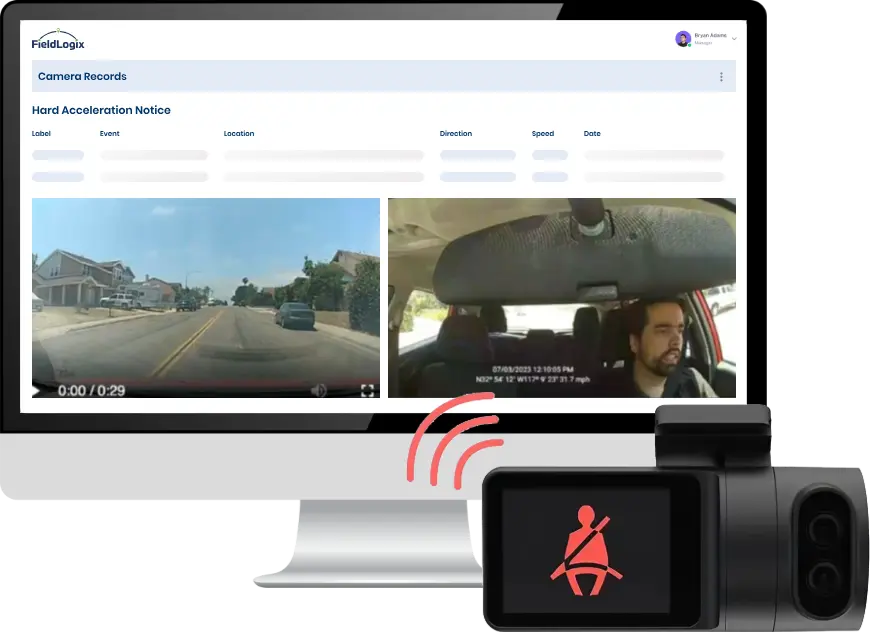- October 8th, 2025
- Jackson Parker
FieldLogix releases its driver-centric dash camera policy guide
FieldLogix announces the release of its guide for creating a company policy for dash cameras. The guide discusses all of the factors involved when creating a dash camera policy and how to make the policy driver-friendly in order to minimize driver resistance. “In todays’ litigious world, fleets are often targeted by unscrupulous motorists for insurance […]














